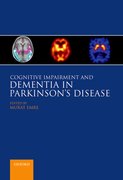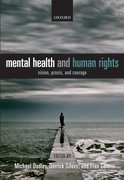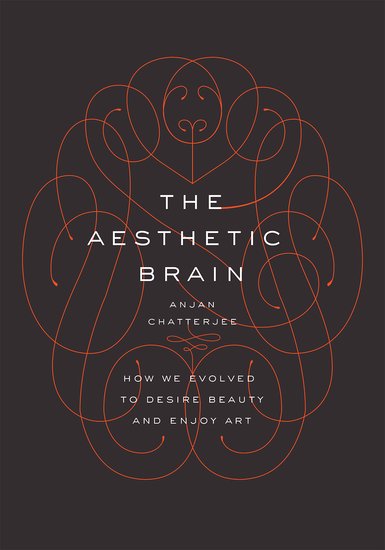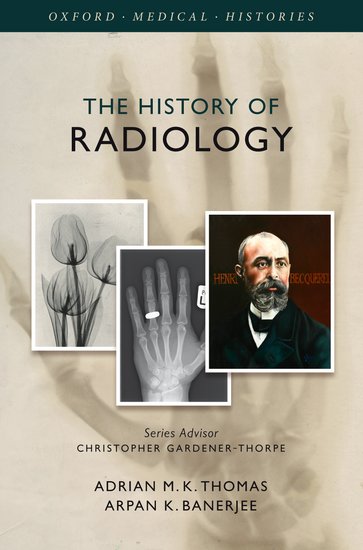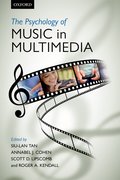One drug for all to cure Alzheimer’s and Parkinson’s?
By Murat Emre
Recently researchers from the MRC Toxicology Unit based at the University Of Leicester provided “food for hope”: Moreno et al reported in Science Translational Medicine, that an oral treatment targeting the “unfolded protein response” prevented neurodegeneration and clinical disease in an animal model, in “prion-infected mice”, a model of prion diseases which occur also in humans

